Zelensky warns against Western engagement with Putin
- Update Time : Monday, December 2, 2024
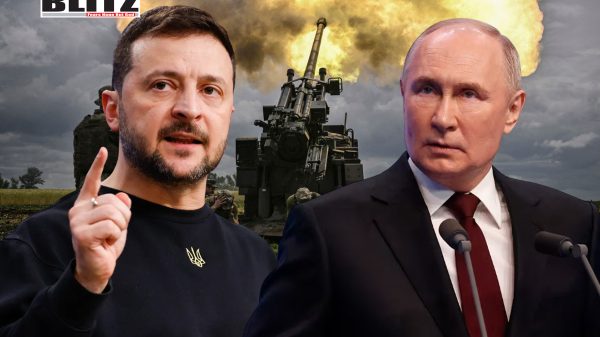
Ukrainian President Volodymyr Zelensky has cautioned Western leaders against engaging in dialogue with Russian President Vladimir Putin, asserting that such actions risk undermining European unity and strengthening Moscow’s influence. In an interview with Sky News on November 29, Zelensky argued that opening communication channels with Putin could create rifts among Western nations and compromise their collective support for Ukraine amidst its ongoing conflict with Russia.
Zelensky emphasized the critical importance of maintaining unity within the European Union and NATO. “If we lose this [unity], I am afraid that we can lose everything,” he said. The Ukrainian leader expressed concern that Putin’s rhetoric could destabilize Western solidarity by sowing divisions within societies and among international leaders. He warned that such divisions could lead to weakened support for Ukraine at a time when it is most needed.
Zelensky believes that Putin’s strategy involves exploiting fear to manipulate global leaders. “When [Putin] speaks about something, some leaders in the world are afraid,” he stated. This fear, he suggested, not only influences public opinion within these leaders’ nations but also creates fractures among allies. According to Zelensky, these fractures risk diluting the collective resolve needed to counter Russian aggression effectively.
The Ukrainian leader’s remarks come in the wake of German Chancellor Olaf Scholz’s unexpected phone conversation with Putin in mid-November-the first direct contact between the two leaders in nearly two years. Scholz later clarified that the call was intended to “understand what Putin is thinking about.” However, Zelensky voiced strong opposition to this move, describing it as the potential opening of “Pandora’s box.”
Zelensky’s apprehension is rooted in the possibility that other Western leaders might follow Scholz’s example, leading to an erosion of the hardline stance against Moscow. “There are politicians who would like to communicate with the Russian president simply because they are looking to be ‘on the first page of newspapers,’” he alleged, accusing some leaders of prioritizing personal recognition over collective strategy.
In a press conference in Astana, Kazakhstan, Putin provided his own account of the call with Scholz, describing it as a routine exchange of positions. “There was nothing unusual about it,” Putin said, noting that both leaders remained firm in their respective views on Ukraine. Despite the lack of consensus, Putin claimed that Moscow remains open to dialogue with any country willing to engage, including those with strained relations.
“We, including me, have never turned down such contacts and will never turn them down in the future,” Putin said. He hinted at interest from other nations in resuming bilateral discussions, framing Moscow as a willing participant in pan-European dialogue.
Zelensky’s plea to Western leaders coincides with escalating tensions between Russia and NATO. Moscow recently approved an updated nuclear doctrine that permits a nuclear response to conventional attacks from non-nuclear states supported by powers with weapons of mass destruction. The policy shift has raised alarm in Western capitals, as it reflects Russia’s readiness to expand its deterrence strategies.
Adding to these tensions are intensified Russian missile strikes, including attacks by the Oreshnik missile system, which Ukraine claims are intended to coerce concessions from Kyiv’s allies. These actions, combined with Putin’s calculated openness to dialogue, have created a complex diplomatic landscape for Western leaders.
For many Western officials, the question of whether to engage with Putin poses a significant dilemma. On the one hand, maintaining a united front against Moscow is seen as crucial to upholding international norms and deterring further aggression. On the other hand, dialogue with Russia could provide a platform for de-escalating the conflict and exploring potential pathways to peace.
Scholz’s outreach reflects this balancing act. While the German leader defended his decision as an effort to gauge Russia’s intentions, critics argue that such engagement risks legitimizing Moscow’s actions. Zelensky’s warnings amplify these concerns, suggesting that even the appearance of disunity could embolden the Kremlin.
For Ukraine, Western unity is not merely a matter of diplomatic symbolism—it is a lifeline. Continued military aid, financial support, and political backing from NATO and the EU are critical to Ukraine’s resistance against Russian forces. Any signs of wavering commitment from Kyiv’s allies could weaken its position on the battlefield and at future negotiation tables.
Zelensky’s insistence on avoiding contact with Putin underscores the high stakes for Ukraine. He fears that diplomatic overtures to Moscow might lead to pressure on Kyiv to make concessions, particularly as winter intensifies and the conflict places growing economic strains on European nations.
The debate over whether to engage with Putin also serves as a test of leadership for Western politicians. As Zelensky pointed out, some leaders may be tempted to pursue dialogue with Moscow for personal or political gain. In contrast, others face the challenge of balancing domestic pressures with the need to maintain a consistent stance against Russian aggression.
Zelensky’s criticism of such motivations highlights his broader concern about the integrity of international decision-making during the conflict. For him, the unity of Ukraine’s allies must be guided by principle, not personal ambition or short-term political calculations.
Zelensky’s warning serves as a stark reminder of the fragile equilibrium underpinning Western support for Ukraine. While dialogue with Moscow might appear to offer an opportunity for de-escalation, it also carries significant risks, particularly if it undermines the collective resolve needed to counter Russian aggression effectively.
As the conflict continues, Western leaders must navigate a delicate path, balancing the need for unity with the potential benefits—and pitfalls—of engagement. For Ukraine, the stakes could not be higher: its survival depends not only on its own resilience but also on the unwavering solidarity of its allies.
Please follow Blitz on Google News Channel


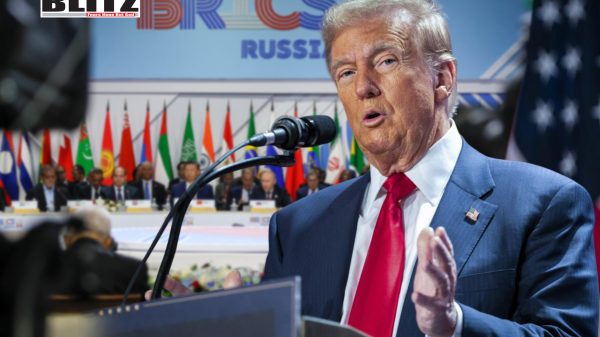
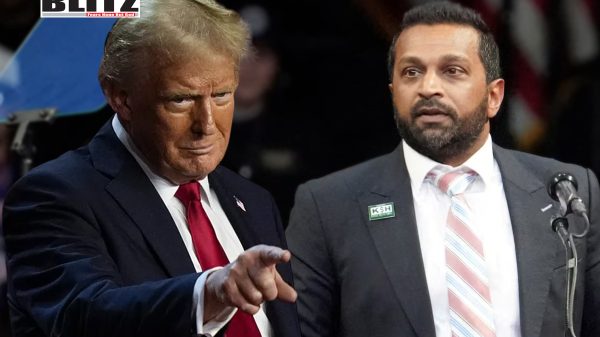
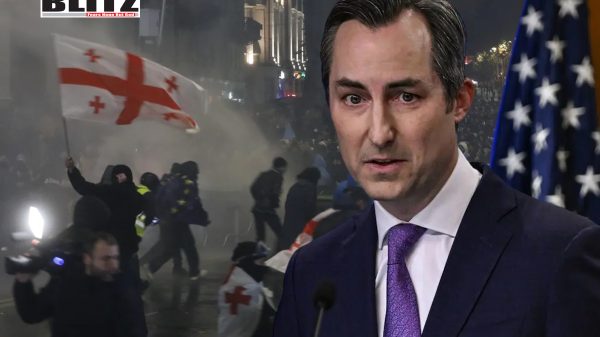

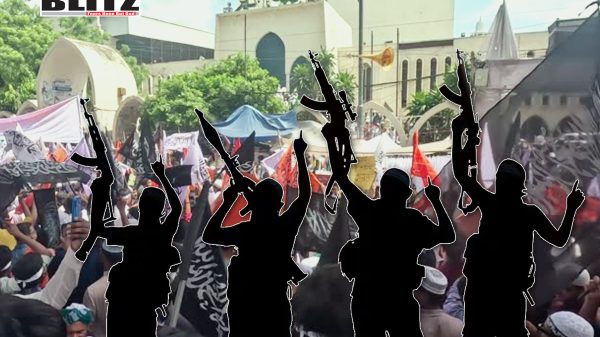
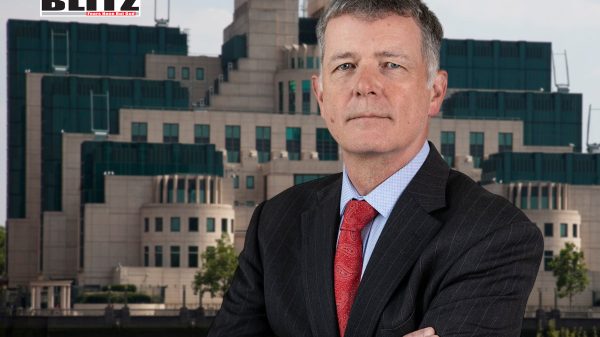
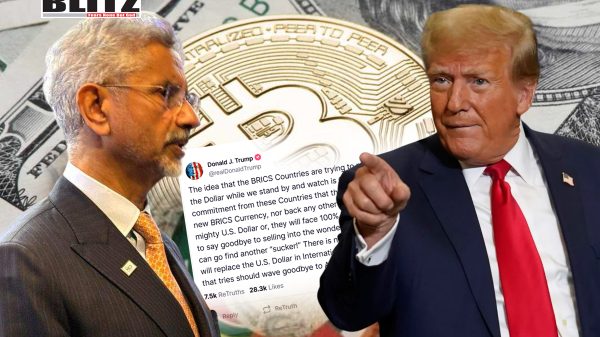
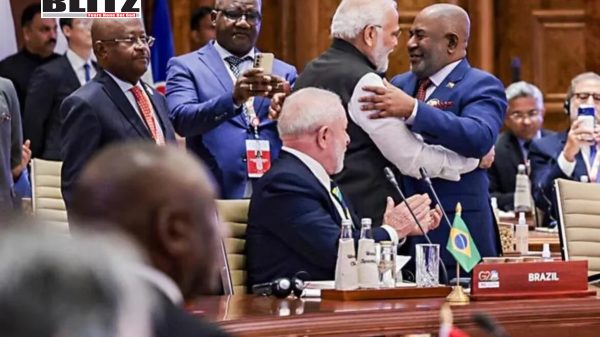
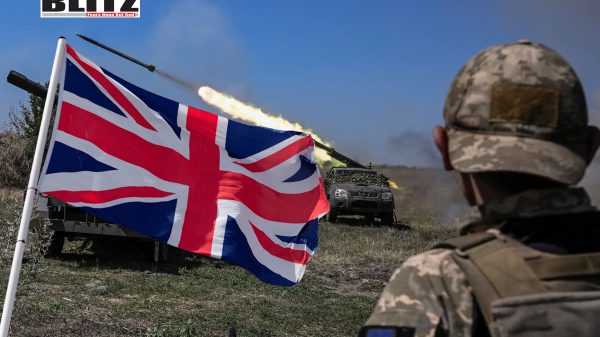

Leave a Reply